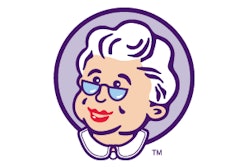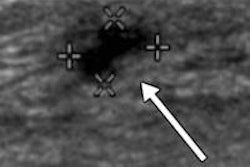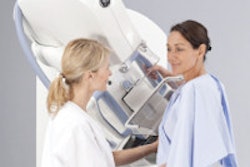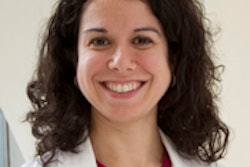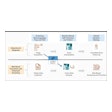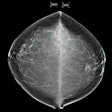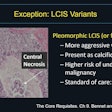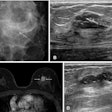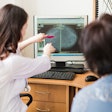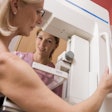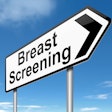Dear AuntMinnie Member,
The U.S. Food and Drug Administration (FDA) appears to be warming to colon cancer screening with CT colonography (CTC), also known as virtual colonoscopy.
At a panel meeting on September 9, the agency heard testimony on CTC's benefits and risks from a wide range of physicians, industry representatives, and patient advocates. On the whole, panel members appeared to look favorably on CTC, accepting that the potential risks of the technique -- mostly radiation -- are far outweighed by the benefits, including its less invasive nature and the potential of bringing more people in for colon cancer screening.
But questions remain, including why the FDA held the review in the first place. Is it a stepping stone to Medicare reimbursement, which proponents of CTC have been hankering for since the U.S. Centers for Medicare and Medicaid Services rejected paying for CTC screening in 2009? Or is it a sop to FDA critics who several years ago accused the agency of ignoring the radiation risks of CTC when it made product approvals?
We can't answer those questions right now, but we can give you a window on yesterday's meeting thanks to a story by international editor Eric Barnes in our CT Digital Community. Read it now by clicking here or go to ct.auntminnie.com.
Say it again: Mammography saves lives
That's right. As if we really needed to hear it again, breast screening with mammography saves lives. And what's more, it saves the lives of younger women in their 40s, who are at the heart of the controversy over who should receive breast cancer screening.
That's according to a new article in our Women's Imaging Digital Community by associate editor Kate Madden Yee. The article reports on a new study of more than 7,000 women that found that the death rate from breast cancer was higher in the study cohort that didn't get regular breast screening -- much higher, in fact.
What's more, women younger than 50 had a much higher breast cancer death rate than women in their 70s, which the authors attributed to the fact that breast screening is more accepted for the older women.
While the findings aren't a surprise to anyone in radiology, they are getting wide play in the lay press, which could help dispel some of the confusion over when to begin breast cancer screening. But it's also certain that a response from mammography skeptics is right around the corner. Read our story by clicking here.
While you're in the community, check out our coverage of this week's American Society of Clinical Oncology Breast Cancer Symposium in San Francisco. Kate spent the weekend at several sessions, and picked up this story on Dr. Christiane Kuhl's work on a breast MRI protocol that shaves acquisition and reading time from 21 minutes to three minutes.
Get these stories and more in our Women's Imaging Digital Community at women.auntminnie.com.
Minnies countdown
This week marks the last week of voting in the semifinal round of the Minnies, AuntMinnie.com's annual event recognizing excellence in radiology.
While our expert panel picks two candidates in each of our 14 categories to face off in the finals round, our members are selecting the Best Radiology Image of 2013 based on "likes" on our Facebook page. Hundreds of radiology professionals have participated ... how about you?
Get started by clicking here. To view the full list of Minnies candidates, go to minnies.auntminnie.com.




